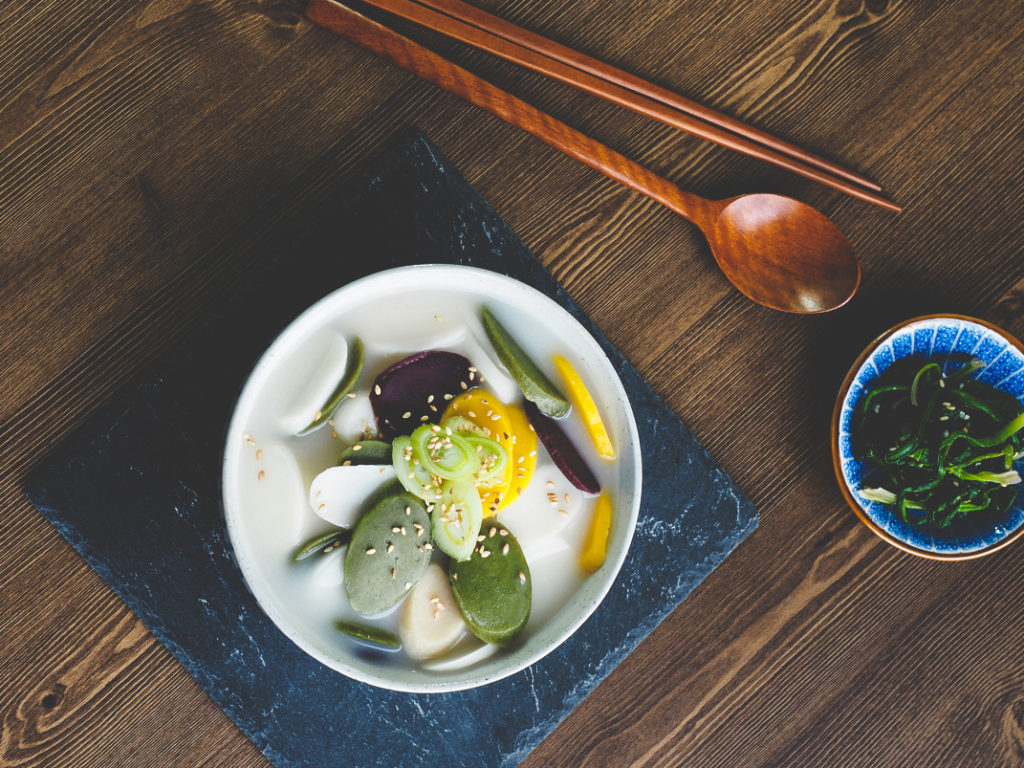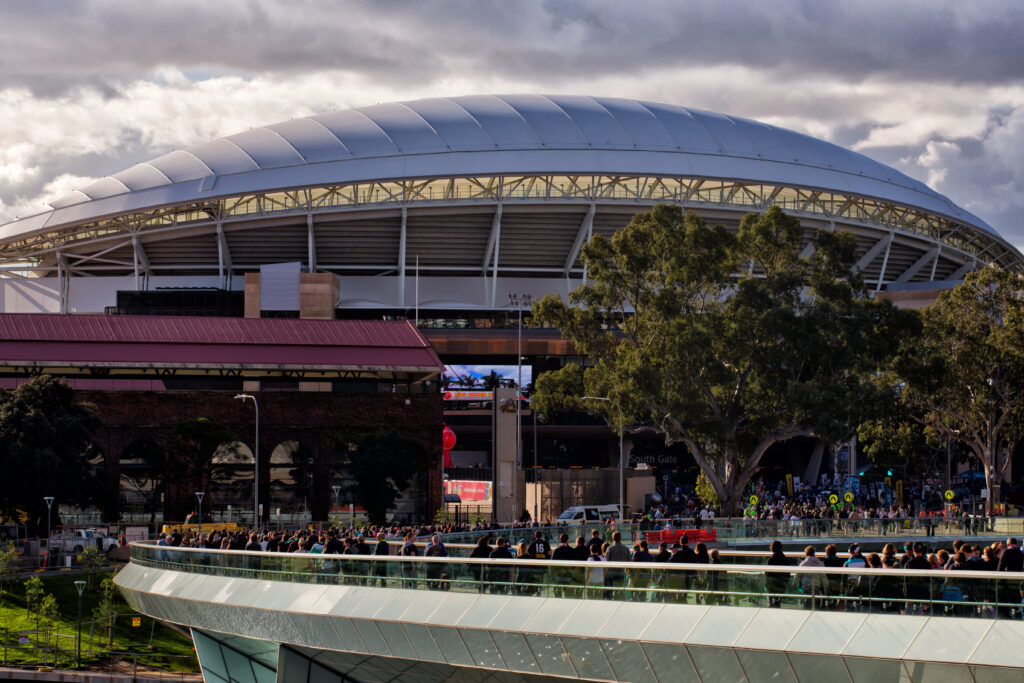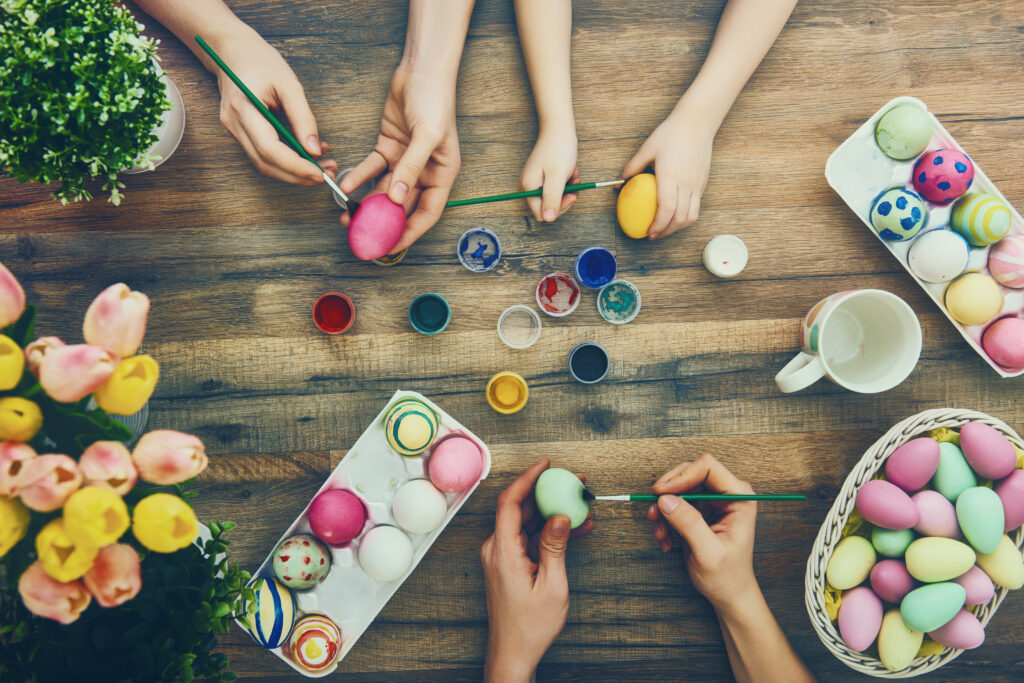Korean New Year is considered to be the country’s biggest national holiday, spanning three days of festivities and traditional celebrations. Also known as Seollal, it follows the Lunar New Year and is primarily a time for families to reunite, give gifts and pay respects to ancestors.
If you have been invited to a Seollal celebration, check out our guide to Lunar New Year in Australia and our gift guide for tips on what to give the hosts.
When is Korean New Year/Seollal in 2023?
Korean New Year takes place on the first day of the lunar year, which begins with the first new moon. As this is on a different day each year, the exact date of Korean New Year changes. In 2023, Korean New Year falls on Sunday 22 January.
What is Korean New Year?
Mythology
Korean New Year happens at the same time as Chinese New Year and shares parts of its origins and mythology. A significant part of this is the Chinese zodiac calendar, a 12-year cycle in which 12 animals represent certain characteristics. 2022 is the Year of the Tiger, an animal with deep symbolic significance and association with Korean culture. The tiger is associated with bravery and a year of positive energy and adventure.
Traditions
The honouring of elders and ancestors is an important part of New Year celebrations in Korea. For many people, this involves specific ceremonies, which are often performed in traditional clothing and in an exact order.
One of the most important ceremonies is seh bae, in which younger members of families make a deep bow to the oldest living generation and deceased ancestors, emphasising the strong cultural values of family, love and honour. In return, elders often give young people money in an envelope and pass on some words of wisdom.
Many families also prepare charye, where traditional foods are laid out and ancestral customs performed. It is common for the eldest male heir to perform the ritual, with food placed in a precise order and particular steps to follow in the process of calling, greeting and serving deceased ancestors. In return for this honouring, the ancestors are said to bless the family for the new year.
Food
Tteoguk, or Korean Rice Cake Soup, is often served during the Korean New Year. The broth-based soup is made with rice cakes, which symbolise purity and a fresh start in their whiteness and prosperity in their round, coin-like shape. The soup is also strongly linked to age. As people get older at Korean New Year, rather than on individual birthdays, a person is said to have become one year older when they have finished their tteoguk.
Similarly, manduguk, or Korean Dumpling Soup, is made with dumplings instead of rice cakes. Some families combine the two dishes to create one very filling soup. The preparation of the dumplings can be a long process and a way for family members to spend time together at Korean New Year as they make them.
Festivities
During New Year celebrations, many people wear traditional clothing, known as hanbok, for the customs and festivities. Gifts and blessings are exchanged and many families enjoy playing games.
Yutnori is one of the most popular games to play at Korean New Year. It is played on a board with four sticks, which take the place of dice, and tokens which move around the board. A more active game is jegichagi, in which an item is wrapped in cloth and kicked around so that it doesn’t touch the floor.
Where can I celebrate Korean New Year in Australia?
Korean New Year is largely celebrated as part of the general Lunar New Year festivities in most Australian states and territories, though some Korean community centres and student societies may organise their own celebrations. If you can’t find anything official in your area, consider hosting your own Korean New Year gathering!
Korean Community Groups in Australia:
Sydney
The Sydney Korean Language & Culture Meetup Group
Melbourne
The Korean Society of Victoria Australia
University of Melbourne Korean Students Society
Brisbane
University of Queensland Korean International Students’ Society
Adelaide
K.S.A – Adelaide University Korean Students Association
Perth
University of Western Australia Korean Cultural Club
Canberra
The Korean Association of Canberra
Hobart
University of Tasmania Korean Student Society





